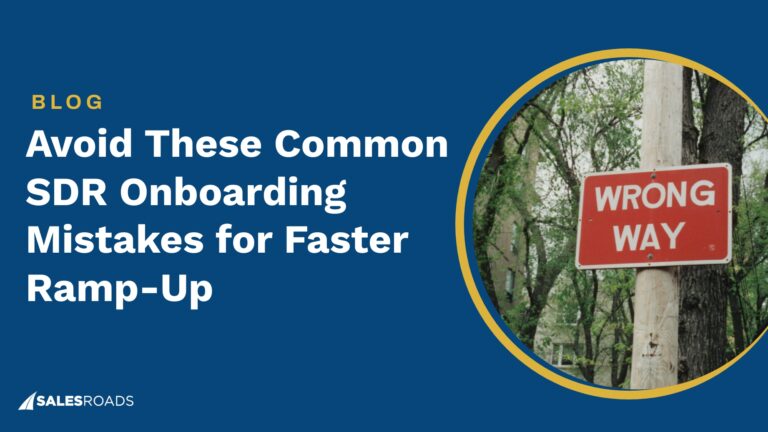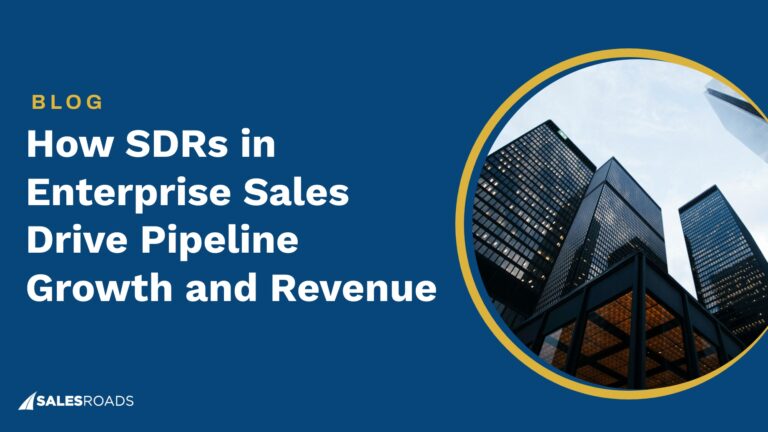The sheer volume of leads and customer interactions today makes manual lead management a challenge. Spreadsheets and siloed data sources lead to a nightmarish scenario where valuable leads slip through the cracks, communication becomes disjointed and inconsistent across different channels.
The key to overcoming these challenges lies in a centralized approach to lead and customer relationship management. This is where powerful lead management software comes into play.
Managing Leads and Customer Relationships in Sales
Stronger relationships translate to more sales. They increase the chances of converting leads into paying customers; positive customer experiences build loyalty, encouraging repeat business and reducing churn; and loyal customers become brand advocates, attracting new leads organically.
Simply put, investing in relationships is an investment in your bottom line. But with an influx of inquiries and interactions across various channels, managing these relationships effectively can be a challenge.
What Is a Lead Management System?
You can think of a lead management system (LMS) as the central nervous system of your sales operation, streamlining the entire process from initial lead capture to closing deals.
An LMS goes beyond simply storing contact information. It provides a comprehensive platform to capture, qualify, nurture, and track leads throughout the sales funnel. This translates to a more efficient and effective sales process, allowing your team to focus on building relationships with qualified leads and ultimately converting them into loyal customers.
Benefits of Using a Lead Management System
A lead management system can offer multiple benefits for your business. Imagine a world where:
- You never miss a lead again: Every inquiry, no matter the source, is captured and stored in a centralized location, ensuring no potential customer falls through the cracks.
- Your sales team is armed with valuable insights: A lead management system provides a clear view of each lead’s journey, allowing your reps to tailor their communication and personalize their approach for maximum impact.
- Communication becomes effortless: An LMS fosters streamlined communication, ensuring all interactions with a lead are documented and readily accessible to your sales team.
- Sales cycles become shorter: By automating repetitive tasks like lead scoring and follow-up emails, your sales team saves valuable time that can be better spent on closing deals.
- Data becomes your sales superpower: An LMS centralizes all your lead data, allowing you to identify patterns, track trends, and gain valuable insights into your customer base. This empowers you to make data-driven decisions that optimize your sales strategy.
How Does It Help Businesses Manage Potential Customers?
An effective lead management system transforms the way businesses manage potential customers. Imagine a streamlined process where every interaction is documented, every lead is nurtured, and your sales funnel flows smoothly.
Here’s how it works:
- From capture to qualification: A lead management software captures inquiries from various sources, centralizing all customer data in one place. It helps qualify these leads by assessing their fit for your product. This ensures your sales team isn’t wasting time on unqualified leads, but rather focusing their efforts on the most promising opportunities with the highest conversion potential.
- Nurturing relationships with targeted communication: Gone are the days of generic sales pitches. Lead management software allows you to personalize your approach by providing valuable insights into each lead’s interests and stage in the buying journey. This empowers your team to nurture relationships with targeted communication that resonates with each lead’s specific needs. By providing relevant content and addressing their pain points, you can build trust and move leads closer to a buying decision.
- Sales pipeline management for a clear view: Lead management software offers a clear visual representation of your sales pipeline. You can track the progress of each lead, identify any potential bottlenecks, and ensure a steady flow of qualified leads through the sales funnel. This empowers you to manage your sales resources effectively, forecast future sales opportunities, and ultimately close more deals.
By implementing a powerful lead management tool, you can transform the way you manage potential customers, driving sales growth and achieving long-term success.
What is CRM Software?
Think of customer relationship management (CRM) software as a central hub for managing all your company’s interactions with existing and potential customers. A CRM system goes beyond simply storing contact information.
CRM lead management software provides a comprehensive platform to streamline sales processes, improve customer service, and ultimately foster stronger, more profitable relationships.
How Does It Work?
CRM lead management acts as a centralized repository for all your customer data, encompassing contact details, past interactions, purchase history, and communication records. This data can be accessed and updated by various departments within your organization, ensuring everyone has a complete view of the customer journey.
Here’s a glimpse into how CRM lead management operates:
- Sales automation: Streamline tasks like lead scoring, opportunity management, and quote generation. This frees up your sales team’s time to focus on building relationships and closing deals.
- Enhanced customer service: Provide exceptional customer service by empowering your team with a complete customer history. This allows them to address inquiries efficiently and personalize their approach for maximum impact.
- Marketing automation: CRM software integrates with marketing tools, allowing you to create targeted campaigns and track their effectiveness. This empowers you to nurture leads and convert them into loyal customers.
- Improved collaboration: Break down departmental silos by fostering collaboration across your organization. Everyone has access to the same customer data, leading to a more unified and customer-centric approach.
The Main Differences Between a Lead Management System and CRM Software
While both lead management and CRM lead management systems play a vital role in B2B sales, they serve distinct purposes within the sales funnel.
An LMS focuses on the initial stages of the sales process, capturing leads from various sources, qualifying them, and nurturing them until they are sales-ready. CRM software, on the other hand, takes over once a lead becomes a qualified prospect. It helps manage the entire customer lifecycle, encompassing sales, marketing, and customer service interactions.
Here’s a breakdown of the key differences:
| Feature | Lead Management System | CRM Lead Management |
| Focus | Lead-centric | Customer-centric |
| Functionality | Lead capture, qualification, and nurturing | Sales automation, marketing automation, and customer service tools |
| Data Scope | Primarily, lead data | Customer contact information, purchase history, communication records, and service interactions |
| Sales Funnel Stage | Early stages (capture, qualify, and nurture) | The entire customer lifecycle (sales, marketing, and service) |
In essence, an LMS can be viewed as a stepping stone to CRM lead management. An LMS helps qualify leads and nurture them until they are ready to be handed off to the CRM for further relationship management throughout the customer lifecycle.
How to Choose the Best Variant for Your Business?
While both lead management software and CRM software offer valuable functionalities, choosing the best variant depends on your specific needs and sales process maturity.
The first step is to gain a clear understanding of your current sales process and identify areas for improvement. Consider the following:
- Sales process stage: Are you primarily focused on lead capture and nurturing, or do you also need functionalities for managing existing customer relationships?
- Data management needs: What type of data do you need to track and manage? Is it primarily lead data, or do you require a more comprehensive customer profile?
- Team size and budget: Consider the size of your sales team and your budget constraints.
Lead Management Systems: Ideal for Early-Stage Sales
Lead management systems are well-suited for businesses with a focus on lead generation and nurturing. They excel at capturing leads from various sources, qualifying leads by assessing their fit for your product and nurturing leads with targeted communication based on their interests and buying stage
If your sales process is still evolving or you primarily focus on acquiring new leads, a lead management system might be the ideal solution.
CRM Software: A Holistic Approach for Established Sales Teams
CRM software offers a broader range of functionalities, catering to the needs of established sales teams managing existing customer relationships. CRM systems go beyond lead management and provide tools for sales automation to streamline tasks like lead scoring and opportunity management, and enhance your customer service by empowering your team with a complete customer history.
If you have a mature sales process with established customer relationships, CRM lead management can empower your team to manage the entire customer lifecycle more effectively.
The Power of Integration:
In some cases, the best solution might be a combination of both. Many lead management software integrate seamlessly with CRM software. This allows you to leverage the strengths of each system: nurturing leads with an LMS and managing established customer relationships with a CRM.
Ultimately, the best choice depends on your unique business needs and sales process maturity. By carefully evaluating your requirements and exploring the available options, you can select the right variant to transform your B2B sales efforts and achieve sustainable growth.
Bottom Line
Invest in lead management software or CRM lead management to gain a centralized hub for nurturing leads, managing customer interactions, and ultimately driving sales growth. Don’t let another lead slip through the cracks. Take control of your B2B sales funnel today!











